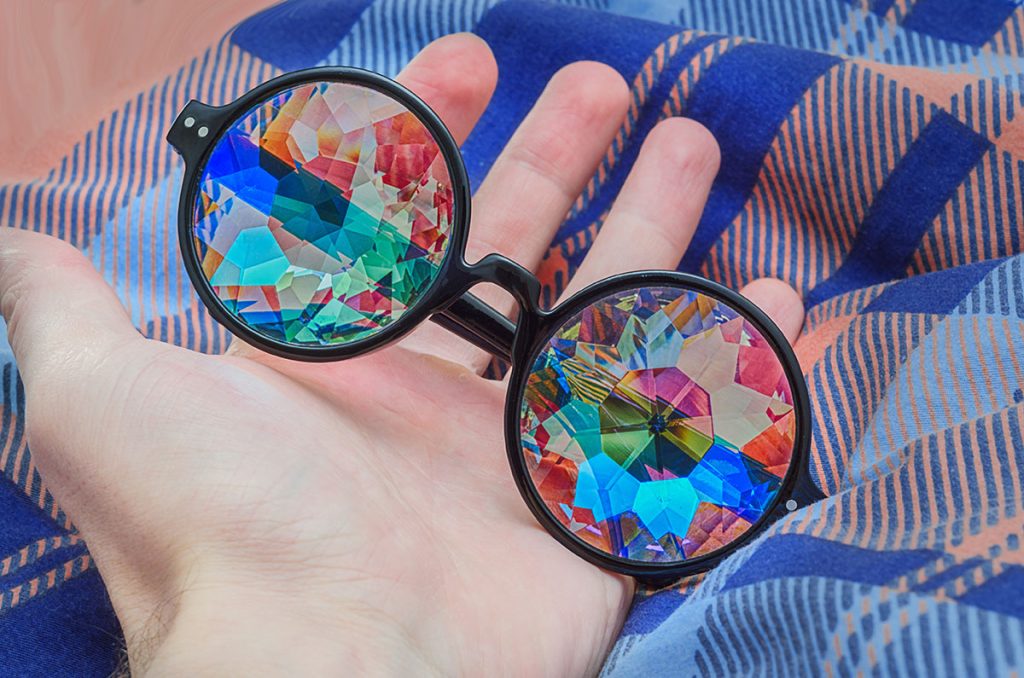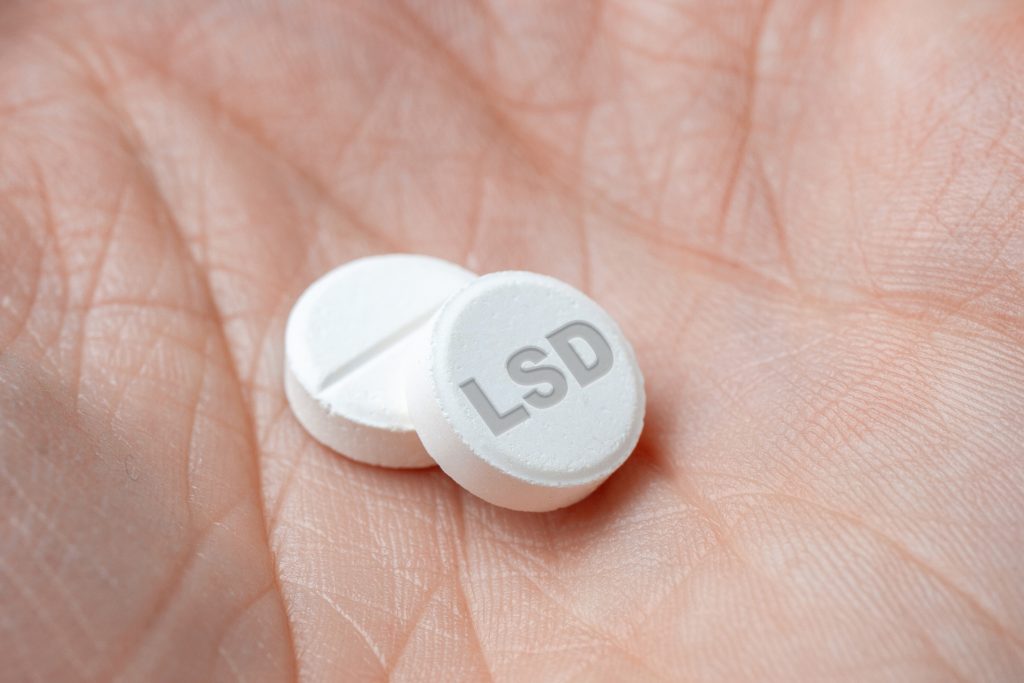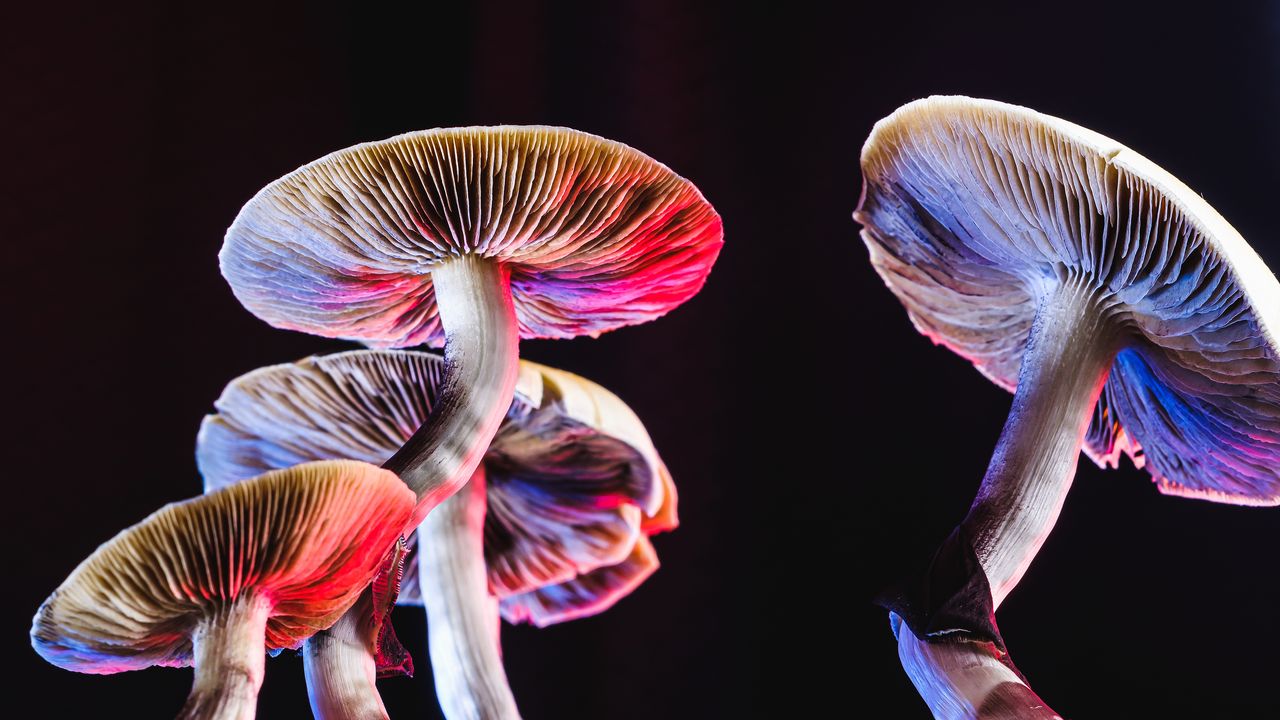There are several categories of microdosing, with some indicating more benefit than challenges. Of these, mood and physiological response were most frequently associated with benefit than challenge. These categories seem to be the most promising starting points for future microdosing studies. These categories are also not the only ones to be studied, however. This article will examine the benefits and challenges associated with microdosing LSD and mushrooms for anxiety and depression.
Side effects of psychedelic microdosing
Research on psychedelic microdosing has shown some promising results. The first study on LSD vs mushrooms published in November 2021 included 953 participants, a subset of which were not microdosers. Participants completed questionnaires on a mobile device to assess their mood and symptoms. The researchers also assessed the participants’ cognitive functioning and psychomotor abilities, which involves physical movements requiring cognitive processing. The participants in the previous study reported reduced depression, reduced stress, and improved creativity. But these findings need to be taken with a grain of salt, as the research is still relatively young.
Researchers asked respondents if they had ever used psychedelic substances as a coping method, the routes by which they took them, and how often they used them. After the survey, participants were asked where they found the schedule for microdosing psychedelics. Almost one-fifth of the respondents stopped using psychedelics altogether. One-third of respondents had used at least one of these substances before, and their use was linked to their previous use of psychedelics.

Effects of psychedelics on cognitive processes
A recent study explored the effects of psychedelics on the cognitive processes related to anxiety and depression. Ayahuasca, a psychoactive plant, was given to people taking three cognitive tasks. The participants were tested on their ability to maintain information, to switch between multiple mental states, and to identify subtle differences in a visual scene. In addition, they were tested on their response time to different tasks.
Neuroimaging and functional MRI have enabled scientists to map different regions of the brain and to measure their activity. Neuroimaging has allowed researchers to identify areas of hyperactivation and hypoactivation. While hallucinogenic drugs are associated with significant side effects, these drugs may also have therapeutic benefits in the treatment of mental disorders. Although they have significant risks, psychedelics are a viable alternative to current treatments for treatment-resistant mental health conditions.
Effects of psychedelic microdosing on cognitive processes
Although research on psychedelic microdosing is relatively new, a few studies have shown some positive effects on the cognitive processes of patients with anxiety and depression. Currently, the first clinical trials for microdosing are underway. However, most of the studies have been limited to surveys of microdosers. In the absence of a placebo control, the researchers are uncertain about the true source of the improvements.
While some researchers doubt the effectiveness of psychedelic microdossing, others remain optimistic. The study used a subset of the participants from a previous study, published in November 2021. That study showed that microdoses reduced anxiety, depression, stress, and distractibility. Another smaller study published in 2019 found that microdosers reduced the symptoms of anxiety and depression while lowering their stress levels. However, the researchers did not include a comparison group of non-microdosers.

Effects of psychedelic microdosing on a state of plasticity
The benefits of psychedelic microdosage on anxiety and depression have been studied in humans and animal models, but whether they have therapeutic value are unclear. Observational studies and anecdotal reports have suggested that microdosing can promote positive mood, but recent placebo-controlled trials have failed to find compelling evidence for this hypothesis. In the present study, researchers collected data from participants’ web-based mental health by assessing their mood, anxiety levels, and depression symptoms. At key points during a four-week test period, 81 subjects completed a survey assessing their state of plasticity. Overall, participants reported an increase in psychological well-being and a decrease in depressive symptoms. Additionally, participants reported increased social connectedness, decreased emotional stability, and improved flexibility.
One way to minimize tolerance is by spacing out microdoses. By doing so, participants avoid developing a tolerance and process the medicine in their baseline state. Depending on your needs and desired effects, the frequency of microdoses may vary. Psilocybin and LSD are the two most commonly microdosed psychedelics. Both are stimulating and reportedly produce increased feelings of wellbeing.
